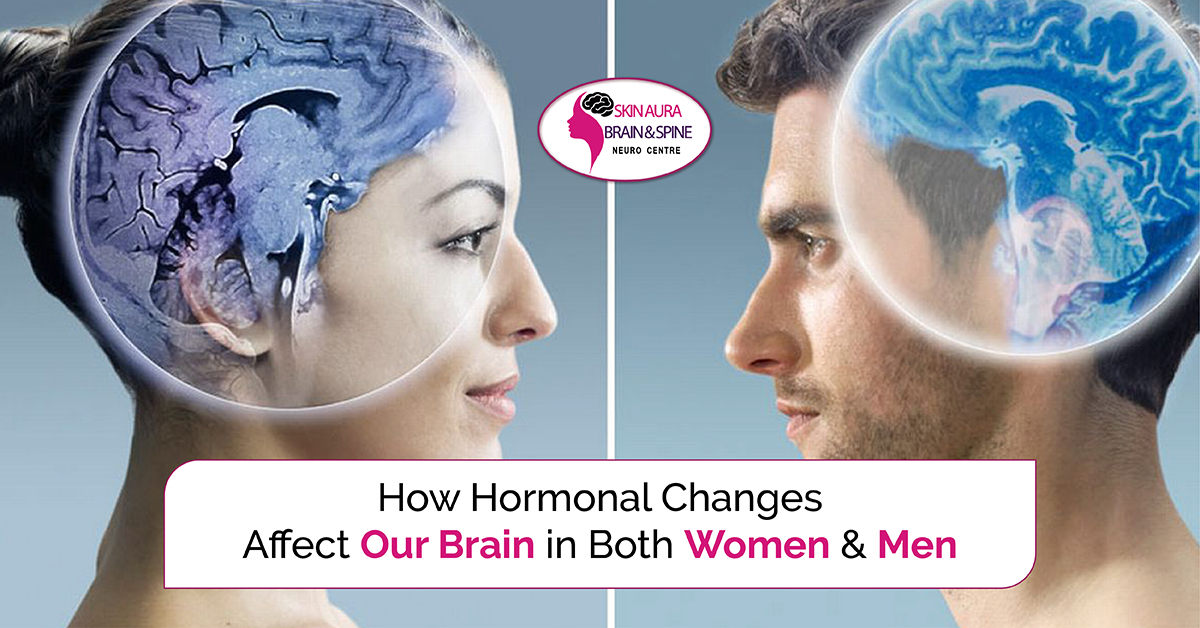Hormones are one of the most important regulators of the body’s many functions. Both men and women have a set of hormones in the body, and due to any disturbance or hormonal changes in the body, several diseases and illnesses rises. The brain controls most of the hormones our bodies make, but these hormones also impact the brain. In reality, these hormones are essential for proper brain function.
Functioning of the Hormones:
The ovaries contain the majority of the estrogen in the body. Still, none of it would be released if the brain did not regulate the pituitary gland, which in turn regulates the ovaries. This estrogen has a significant impact on brain health and function, in addition to its sexual and reproductive effects. In addition to nerve growth and degeneration, estrogen is needed for learning, memory, and mood.
Estrogen has been shown in studies to slow or prevent memory and cognitive loss in diseases including Alzheimer’s and Parkinson’s. Concentration problems decreased libido, and mood swings can all occur when estrogen levels are low. Headaches, memory issues, weight gain, hair loss, and sleep disturbances may occur if the level is too high.
Despite its reputation as a male hormone, testosterone is generated by both men and women. Before menopause, women contain testosterone in their ovaries; after menopause, they produce less testosterone in other tissues. We know that low levels trigger fatigue, mood swings, depression, and mental acuity. Acne, more body hair, body shape changes, and menstrual disturbances are symptoms of high estrogen levels. Testosterone has been shown to help muscles, lungs, and nerves, including those in the brain, function better.
Progesterone is best known for its reproductive effects, but it also regulates memory, neurogenesis (nerve formation), mood, and nerve regeneration in the Central Nervous System. Progesterone calms the brain and protects it after a traumatic brain injury by reducing swelling and improving mental awareness.
Memory loss, mood disturbances, PMS symptoms, and mood swings have all been linked to low levels of progesterone. Progesterone can cause mood swings and dizziness if it is elevated too high.
If you remember, all three of these definitions can trigger mood changes, proving beyond a shadow of a doubt that hormones affect the brain.
Thyroid Hormones:
Thyroid hormones are linked to cognitive function as well. Anxiety, insomnia, and irregular heartbeats may all be symptoms of too high levels. Fatigue, anxiety, depression, difficulty focusing, and short-term memory loss are symptoms of having too little thyroid hormone. The thyroid is a little more common in women than men, as per studies and women also experience weight gain or weight loss depending on the type of thyroid they have been diagnosed with.
Stress Hormones:
The stress hormone cortisol is essential for proper body and brain function. Headaches, lack of emotional control, and trouble concentrating are caused by high cortisol levels (high stress).
Our brains are concerned with hormones, both in terms of their development and as a main functional target of the same hormones, as shown by these points. We can see that maintaining a healthy balance is important.
